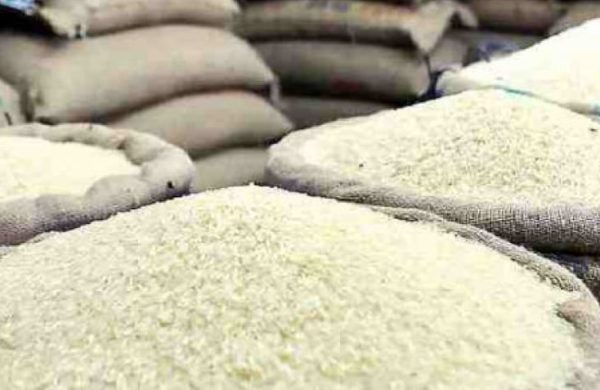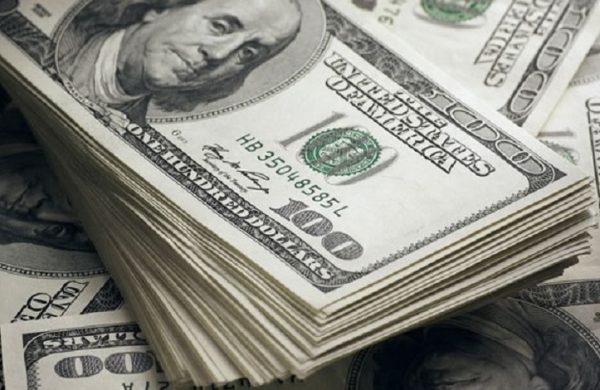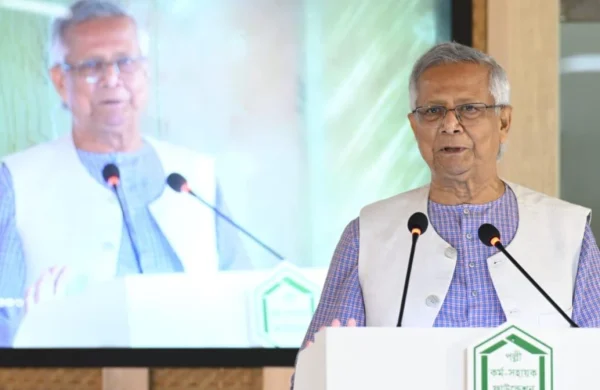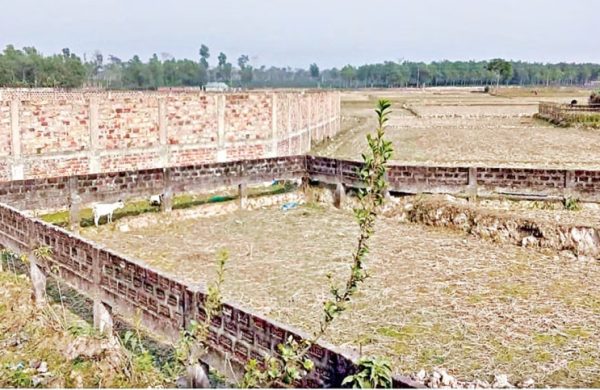No rein in rice prices even after Boro imports
- Update Time : Wednesday, July 2, 2025

Staff Correspondent:
Rice prices have increased by Tk 3 to Tk 5 per kilogramme across all categories over the past month, despite the recent Boro harvest and continuing imports of the staple grain.
The Boro season, the country’s largest paddy harvest, wrapped up in May. The Boro harvest usually brings down rice prices due to increased supply. Yet this year, the trend has defied expectations.
Officials say there is no logical reason for rice prices to go up at this time of year.
Unable to pinpoint a clear explanation, supply chain people—from retailers to wholesalers—pointed fingers at large businesses, accusing them of hoarding and manipulating prices.
However, local rice millers offered a different view. They said the government’s higher paddy procurement rates from farmers this year may have driven up paddy and eventually rice prices, even during the peak harvest.
Traders said that paddy prices suddenly spiked in early June. This, in turn, pushed up the wholesale and retail prices of Miniket, a fine and polished rice variety popular among the middle class in urban areas. Alongside Miniket, coarse and premium rice varieties also saw price hikes.
Md Masudul Hasan, secretary to the Ministry of Food, told journalist that the government had recently conducted an investigation into the price surge.
“We did not find any logical reason through the investigation. Therefore, an anti-hoarding drive is now being carried out across the country with the help of the local administration,” he said.
COARSE SEES THE HIGHEST INCREASE
Trading Corporation of Bangladesh data show that on Tuesday fine rice was priced between Tk 75 and Tk 85 per kilogramme (kg), medium-grain rice between Tk 60 and Tk 65 per kg, and coarse rice between Tk 55 and Tk 60 per kg.
Over the past month, the price of fine rice has increased by 5.67 percent, medium-grain rice by 6.84 percent, and coarse rice by 9.52 percent.
Coarse rice is mainly consumed by low-income people. A price jump in this category means hitting the segment of society where it hurts the most.
Year-on-year, fine rice prices have risen by 15.94 percent, medium-grain rice by 13.64 percent, and coarse rice by 10 percent, the government data also showed.
Since March 2023, overall inflation has been above 9 percent, affecting low-income and fixed-income people in the country, according to the data of the Bangladesh Bureau of Statistics.
In the current season, Boro paddy has been cultivated on 50.69 lakh hectares of land, with the production target set at 2.26 crore tonnes, according to the Department of Agricultural Extension data.
Meanwhile, according to a recent US Department of Agriculture report published last April, the agency projected that Bangladesh, the world’s third-largest rice producer, could harvest 2.05 crore tonnes of milled rice during this Boro season.
THE PRODUCTION FIGURES MATCH LAST YEAR’S OUTPUT
According to data from the Directorate General of Food, 12.75 lakh tonnes of rice were imported in the public and private sectors during fiscal year 2024–25, whereas no rice was imported during the same period of the previous fiscal year.
Meanwhile, Aman paddy production dropped by 0.85 percent in fiscal year 2024–25 to 165.14 lakh tonnes, down from 166.56 lakh tonnes the previous year, according to Bangladesh Bureau of Statistics data.
WHAT TRADERS ARE SAYING
MA Raihan, a wholesale and retail rice trader at Karwan Bazar, one of the largest kitchen markets in Dhaka, said rice prices have been gradually rising in the market since the end of the Eid-ul-Azha holidays in June.
He said in the wholesale market, the prices of 25-kg sacks of fine, medium, and coarse rice have gone up by Tk 150 to Tk 400 over the past month.
He also mentioned that currently, a sack of fine rice is selling for Tk 2,100 to Tk 2,450, medium rice for Tk 1,950 to Tk 2,100, and coarse rice for Tk 1,350 to Tk 1,500.
He said the Boro harvesting season was coming to an end, so there was no reason for prices to go up at this time.
He said many big traders have stockpiled paddy after a good harvest and are not releasing enough to the market based on demand. That is why rice prices have gone up significantly even during the harvest season, he said.
Babul Hossain, another rice trader from Mirpur in the capital, said he has been involved in the rice business for nearly 20 years. In the past, prices used to drop during the harvest season due to the associated increase in supply, he said.
However, over the last two to three years, the situation has changed. Instead of falling, prices have been rising, he said, adding that rice prices have gone up due to the increasing price of paddy.
Chitta Majumder, managing director of the Majumder Group of Industries, a leading rice miller and importer, claims that after a good Boro harvest this year, many small, medium, and large traders have stockpiled paddy.
As a result, supply in the market is lower than demand, which is why rice prices are currently rising, he said.
He said a month ago, the wholesale price of one maund (1 maund is equivalent to 40 kg) of fine rice was Tk 1,660, which has now increased to Tk 1,760, and the price of coarse rice has risen from Tk 1,050 to Tk 1,220, while the price of medium-quality rice has gone up from Tk 1,450 to Tk 1,550.
Abul Monsur Khan, another rice trader from Bogura, echoed Majumder.
Nazir Hossain Prodhan, a rice trader from Gaibandha, said farmers no longer have any paddy in stock. There seems to be a disruption in the supply chain, and the government should investigate the matter, he said.
Meanwhile, traders in Kushtia say that the government’s decision to raise the procurement price of rice has impacted the market, leading to an increase in the price of coarse rice.
This year, the government is buying coarse rice at Tk 49 per kg, up from Tk 47 per kg last year.
Although there is no shortage of paddy or rice in the market, millers are allegedly hiking prices through syndication—an allegation made by a leader of the rice mill owners’ association himself.
Zainal Abedin Pradhan, general secretary of the Kushtia unit of the Bangladesh Auto, Major and Husking Mill Owners Association, claims that a few corporate businesses and large millers at the district level are responsible for the sudden rise in rice prices.
They first pushed up paddy prices through syndication and are now increasing rice prices, he added.
PVT PLAYERS SHIP IN 5.40 LAKH TONNES
To address the shortfall in rice production, the government permitted the private sector to import 16.75 lakh tonnes of rice. To encourage imports, a 62.5 percent duty and tax on rice imports were waived.
According to data from the National Board of Revenue, the import permit was granted in November, and the deadline was extended four times until April 15.
The private sector imported 5.40 lakh tonnes of rice, meaning 32 percent of the approved quantity.


















